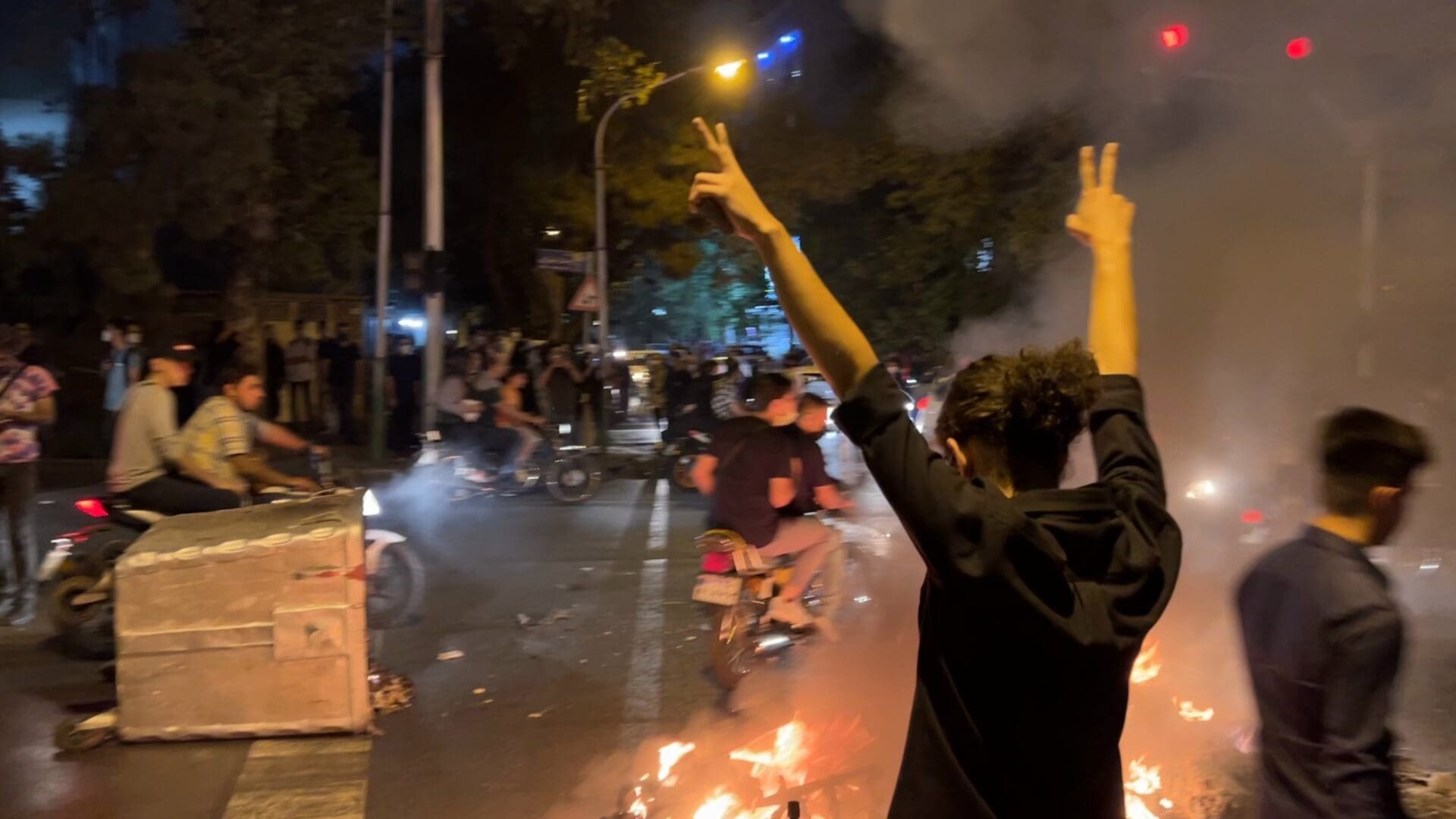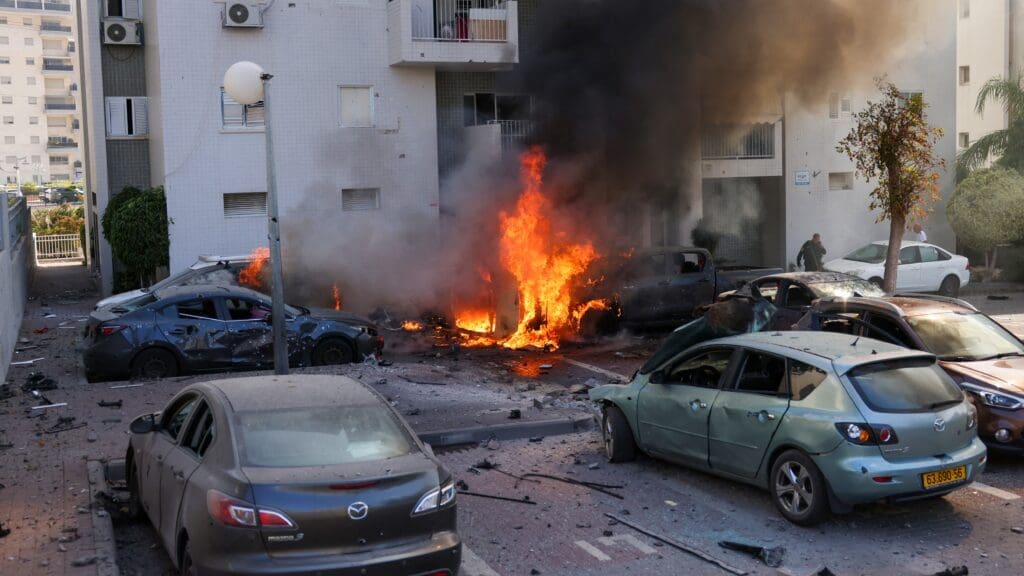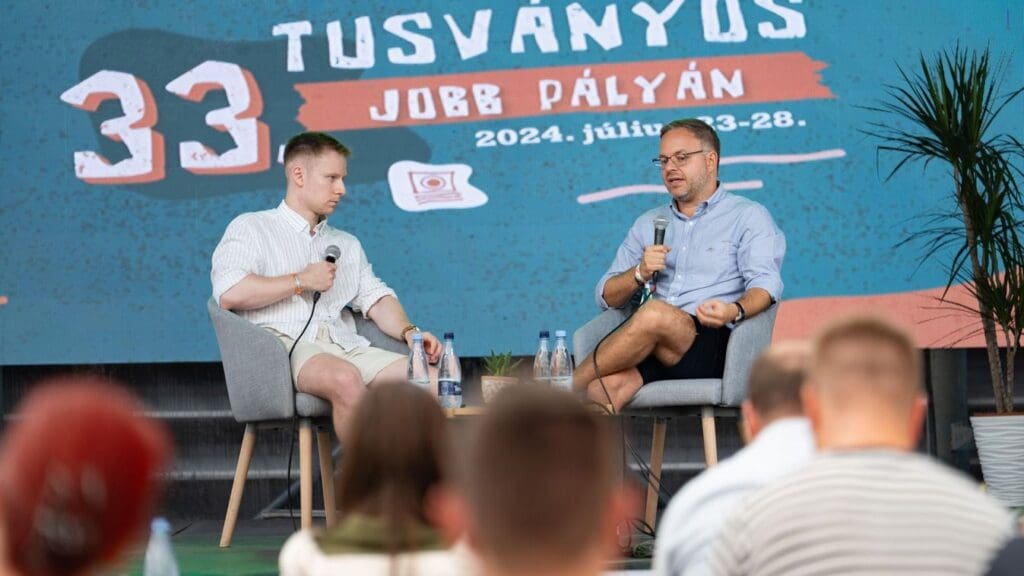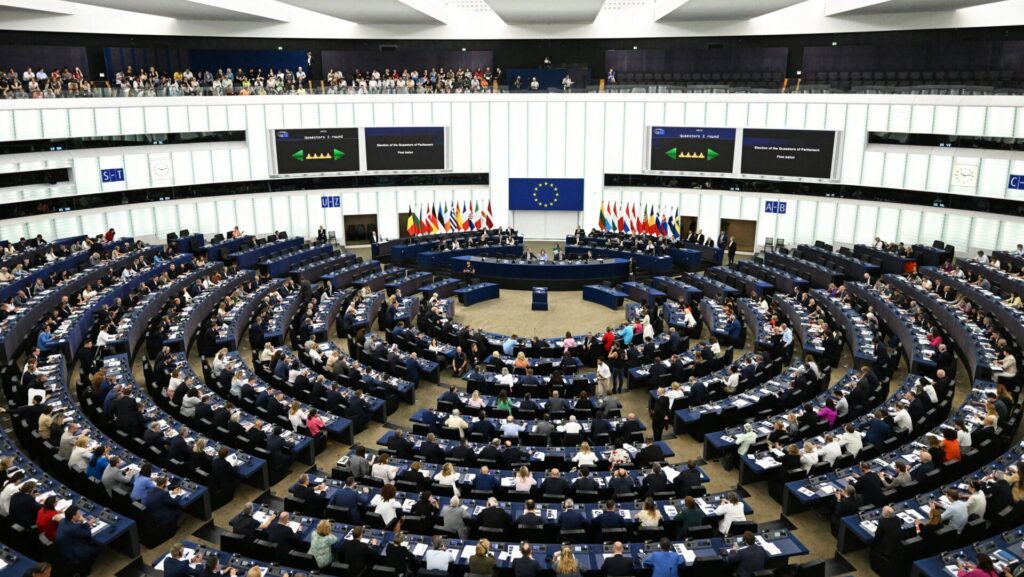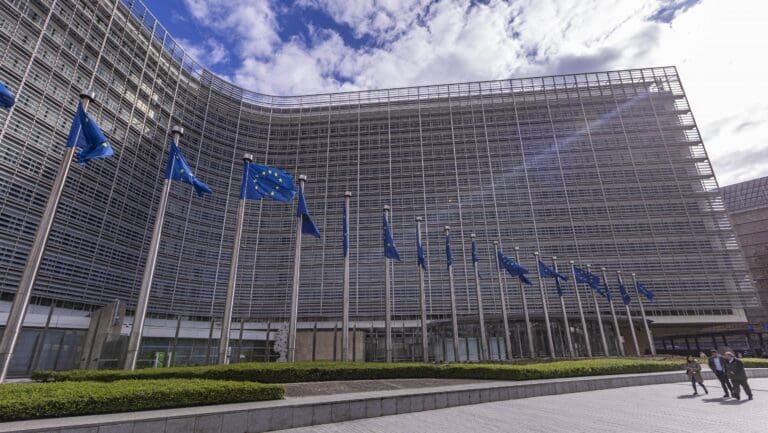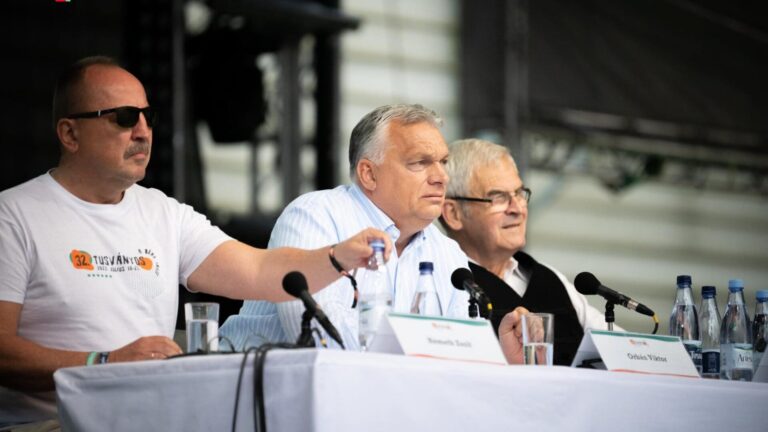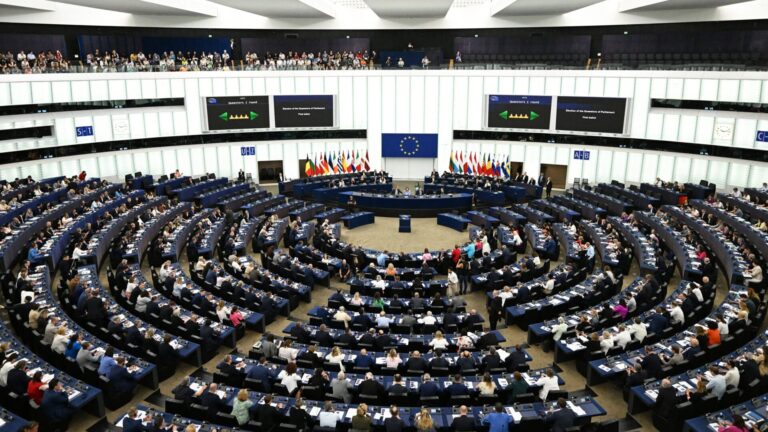By an overwhelming majority, the European Parliament voted on 18 January in favour of a non-binding resolution to designate Iran’s Islamic Revolutionary Guard Corp (IRGC) as a terrorist group and to sanction Iranian Supreme Leader Ali Khamenei and President Ebrahim Raisi.
In a resolution adopted at the European Parliament’s Strasbourg plenary session, MEPs said that the Iranian leadership’s disregard for human dignity and the democratic aspirations of its citizens, as well as its support for Russia in its war against Ukraine, calls for further adjustments in the EU’s relations and position with Iran. In addition, a further 37 Iranians will be added to the EU sanctions list. In the last three months, the Council has imposed restrictive measures against 60 Iranian individuals and eight entities.
The European Parliament’s decision does not automatically mean that the IRGC will be designated as a terrorist organisation, as the Council is responsible for extending the list of members of terrorist organisations and persons and entities associated with them. The final decision will be up to the national governments of the EU Member States as the listing of the IRGC requires a unanimous vote of the 27 EU Council members.
What is the IRGC?
IRGC (Islamic Revolutionary Guard Corps) was founded by Ruhollah Khomeini and formally organised as a military branch on 22 April 1979, in the aftermath of the Islamic Revolution. The IRGC’s constitutional mandate is to ensure the integrity of the Islamic Republic but the military branch is also present from Yemen to Iraq and Syria and is responsible for Iran’s regional destabilisation actions, including support for terrorist organisations such as Hamas, Hezbollah or Palestine Islamic Jihad. The Guards are also in charge of the Islamic Republic’s ballistic missile and nuclear programs.
Putting the IRGC on the list of terrorist groups would mean that the EU would make it a criminal offence to belong to the group, with assets of those in the organisation frozen and all financial transactions between the organisation and its people and EU citizens and companies banned. The designation of the IRGC as a terrorist organisation would be a significant step by the EU. So far, only Bahrain and Saudi Arabia have done so in 2018, while in 2019 the United States also added the Iranian corps to the list of Foreign Terrorist Organisations (FTOs) under Donald Trump’s presidency.
A Strained Relationship
Relations between the European Union (EU) and Tehran have deteriorated significantly in recent months including the stalling of negotiations on Iran’s nuclear ambitions after the US has withdrawn from the nuclear deal with Iran (Joint Comprehensive Plan of Action) in 2018.
On 9 December, US National Security Council spokesman John Kirby assessed Russia-Iran military relations as developing into a ‘full-fledged defence partnership’. Russia’s military needs in Putin’s war against Ukraine underlie the rapprochement between the two countries that has been going on for months now.
Following the depletion of Russian technology, it was Iran that provided Russia with its self-produced drones (Shahed-131 and Shahed-136) which contributed greatly to the destruction of Ukraine’s energy and water infrastructure. Iran has also been involved in training Russian soldiers fighting in Ukraine (possibly training drone controllers) and, according to US and UK intelligence, Russia is also claiming hundreds of Iranian ballistic weapons.
Moscow and Tehran are starting joint drone production in Russia.
Iran, long hit by international sanctions, can help Russia evade them, and Russia is providing Iran with unprecedented levels of military and technical assistance, which has developed their relationship into a full-fledged defence partnership. According to the White House, Iranian pilots are training on Russian Sukhoi 35 fighter jets and it is only a matter of time before Russia starts delivering them to Iran. It is also possible that the Iranians will benefit significantly from Russian know-how in the development of drones and ballistic missiles. In the worst case in nuclear technology as well.
Since October, the European Union has continued to impose sanctions against individuals and companies linked to Iranian drones deployed in Ukraine. In October 2022, the Council added three Iranian individuals and one Iranian entity while in December another four individuals and four entities to the list of those subject to restrictive measures for their role in the development and delivery of Unmanned Aerial Vehicles (UAVs) used by Russia in its war against Ukraine.
The Iranian drone issue has also been particularly sensitive for the European Union and the United States because Ukrainian intelligence reported that US and Western-made technology, ranging from smaller equipment like semiconductors and GPS modules to larger parts like engines were found inside a single Iranian Shahed-136. On this issue, the White House also established an administration-wide task force to look into how parts made by more than a dozen US and Western companies, have ended up in Iranian drones.
Large-scale Protests in Iran
Another reason for the significant deterioration in relations between the EU and Iran was the violant reaction of the Tehran government to the anti-regime crackdowns. In September, widespread anti-government protests erupted in Iran after the death of young Kurdish Iranian woman Mahsa Amini who had been detained by Iranian authorities for allegedly violating strict dress codes for women. The Iranian regime used brutal means to suppress the protests, including imprisonment and execution of protesters.
So far over 500 protesters have been killed by security forces, mainly consisting of the IRGC and its Basij militia. Four protesters have been executed by the state after hasty trials devoid of any regard for due process. Others are on death row according to the Iran International news site.
In November, the Council already sanctioned the four members of the squad that arbitrarily arrested Mahsa Amini, provincial heads of the Iranian Law Enforcement Forces (LEF) and the Islamic Revolutionary Guards Corps (IRGC), as well as Brigadier General Kiyumars Heidari, the Commander of the Iranian Army’s Ground Forces, for their role in the brutal repression of the recent protests. The EU also designated Iran’s Minister of Interior, Ahmad Vahidi, who is also in charge of the LEF, which has committed serious human rights violations.
Strong Change of Tone
Now in the text backed by the majority of lawmakers (598 were in favour, and nine against) on 16 January, the European Parliament condemned ‘the brutal crackdown by Iran, including the Islamic Revolutionary Guard Corps (IRGC), on the demonstrations after the death of Mahsa Amini, following her violent arrest, abuse and ill-treatment by Iran’s “morality police”’.
MEPs also called for the immediate and unconditional release of protesters sentenced to death and condemned the Iranian leadership’s use of prosecutions and the death penalty as a weapon to suppress dissent and punish people who are fighting for the free exercise of their fundamental rights. Those responsible for the murder of hundreds of protesters must be brought to justice, they stated.
‘We are looking indeed at a new round of sanctions, and I would support also listing the Revolutionary Guards. I have heard several ministers asking for that and I think they are right,’ argued European Commission President Ursula Von Der Leyen in Davos.
Hardliner Iranian lawmaker and former IRGC commander Mohammad Esmail Kowsari reacted to the EP decision by threatening the bloc, saying that Europe might not be able to withstand the consequences of such a move. ‘EU officials know that this conspiracy was designed upon the instigation of the US and the Zionist regime (Israel) and has no logic,’ he claimed, adding that If the EU wants to return to the JCPOA, it must prove its independence from the US and oppose any action against the IRGC.

